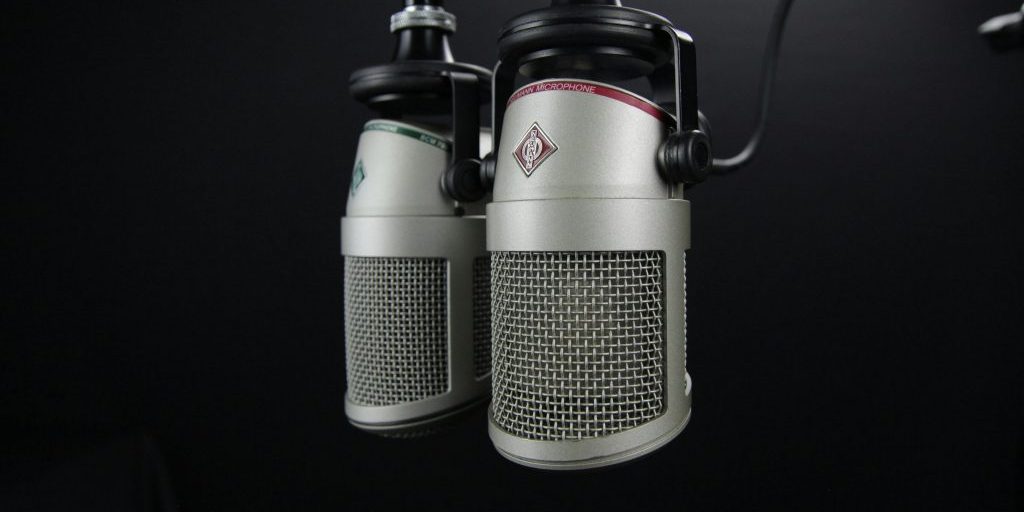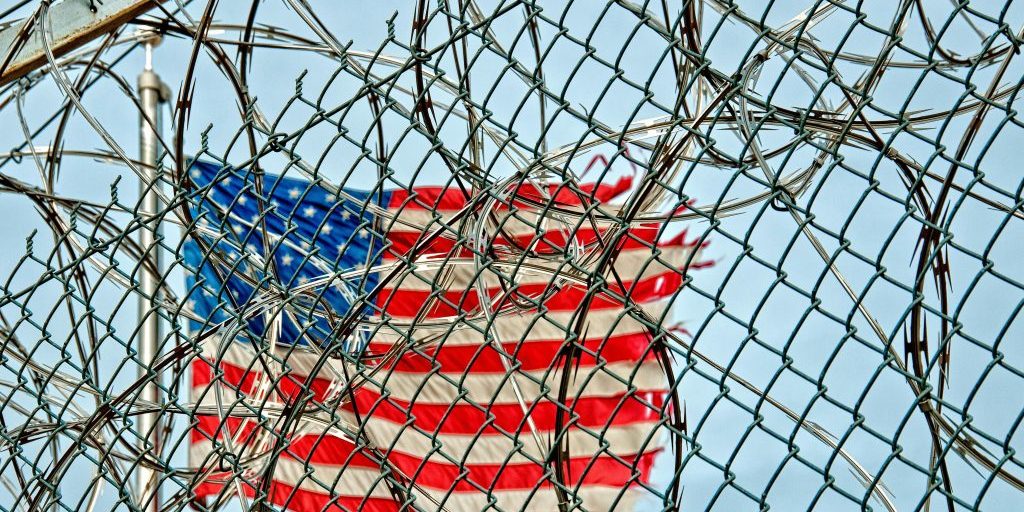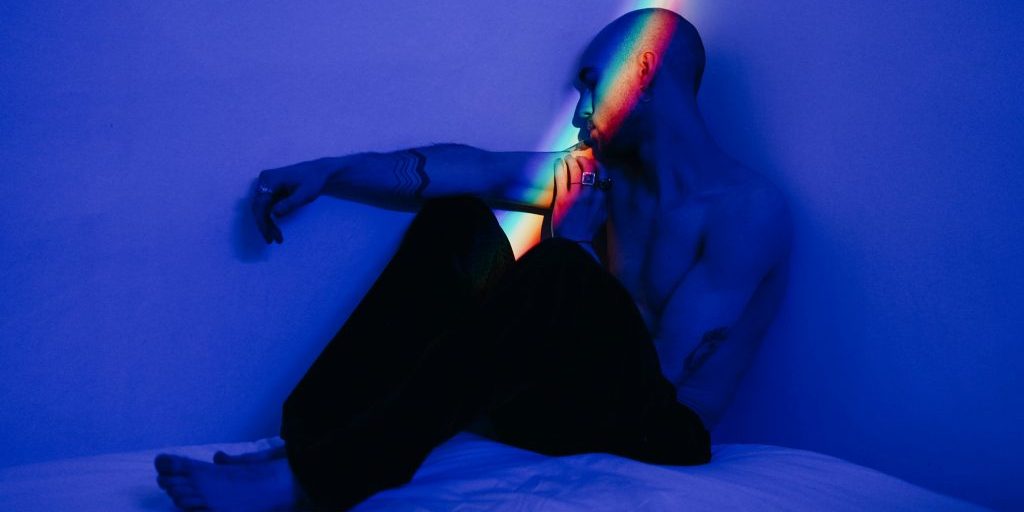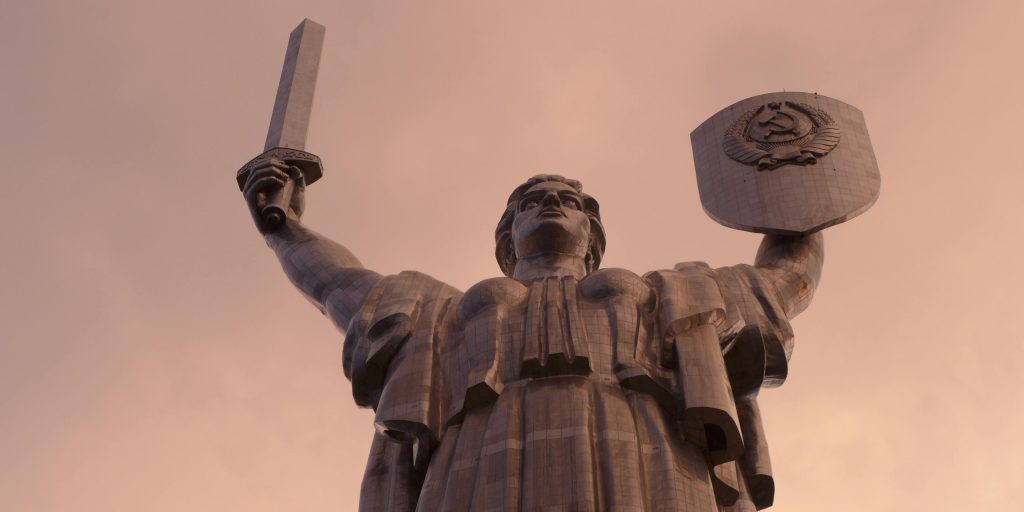Media and the law: countering hate speech
President Cyril Ramaphosa gave his approval to the Preventing and Combating of Hate Crimes and Hate Speech Bill, which criminalises hate crimes and hate speech, in May 2024.
The law also outlined the prosecution process for individuals who perpetrate these offences.
‘This legislative measure gives effect to South Africa’s obligations in terms of the Constitution and international human rights instruments concerning racism, racial discrimination, xenophobia and related intolerance, in accordance with international law obligations,’ the Presidency explained in a statement.
The Bill of Rights, in Section 9 of the Constitution, prohibits direct or indirect unfair discrimination against anyone on the grounds of race, gender, sex, pregnancy, marital status, ethnic or social origin, colour, sexual orientation, age, disability, religion, conscience, belief, culture, language and birth.
‘A hate crime is committed if a person commits any recognised offence under any law that is motivated by prejudice or intolerance based on one or more characteristics or perceived characteristics of the victim, as listed in the legislation or a family member of the victim.’
The definition of the crime, the Presidency said, extends to offences targeting the victim’s association with or support for a person with one or more of the listed characteristics or a group of persons who share these characteristics.
However, the law does not consider actions undertaken in good faith during engagement as part of hate speech. These actions include artistic creativity, performance or other form of expression; academic or scientific inquiry; and fair and accurate reporting or commentary in the public interest
It also excludes interpretation and articulating or espousing of any religious conviction, tenet, belief, teaching, doctrine or writing that does not advocate hatred or constitutes incitement to cause harm.
Summaries of public hearings hosted by the National Council of Provinces Security and Justice Select Committee in 2023 can be accessed here.
The Press Council and the Press Ombudsman are cognisant of the law in all our actions.
5. Discrimination and Hate Speech
The media shall:
5.1 avoid discriminatory or denigratory references to people’s race, gender, sex, pregnancy, marital status, ethnic or
social origin, colour, sexual orientation, age, disability, religion, conscience, belief, culture, language and birth or other
status, and not refer to such status in a prejudicial or pejorative context – and shall refer to the above only where it is
strictly relevant to the matter reported, and if it is in the public interest; and
5.2 balance their right and duty to report and comment on all matters of legitimate public interest against the obligation
not to publish material that amounts to propaganda for war, incitement of imminent violence or hate speech – that is,
advocacy of hatred that is based on race, ethnicity, gender or religion, and that constitutes incitement to cause harm.
Lawyer Ben Winks – who is also an adjudicator on the Appeals Panel at the Press Council – had offered some food for thought on hate speech in a piece he wrote for the Constitutional Court Review in 2023. His piece concerned journalist Jon Qwelane’s notorious ‘Call me names, but gay is NOT okay’ article in the Sunday Sun in July 2008.
The Hate Crimes Working Group (HCWG) explains that in this piece, Qwelane ‘makes numerous homophobic statements, which he explicitly states that he will not apologise for, and he admits his unwavering support for [Zimbabwean President Robert] Mugabe’s “unflinching and unapologetic stance over homosexuals”. ‘
‘He claims that homosexuality is “wrong”, “against the natural order of things” and that the Constitution should be amended by excising the provisions that “give licence” to same-sex or same-gender marriage.’
The organisation was appalled by the Supreme Court of Appeal’s decision on the matter in December 2019 when that court overturned a guilty verdict Qwelane had received in the lower courts. The HCWG said, ‘We are dismayed that the judgment failed to uphold human rights and access to justice for lesbian, gay, bisexual, transgender, queer and intersex (LGBTQI+) communities in South Africa’.
‘We deplore the overturning of Qwelane’s guilty verdict and the Court’s verdict that existing legislative provisions on hate speech are unconstitutional, as this has far-reaching implications for protection against hate speech.’
The Human Rights Commission (HRC) then took the matter to the Constitutional Court, and in July 2021, the Court handed down its judgment in the matter of Jonathan Dubula Qwelane v South African Human Rights Commission and Another.
The Southern Africa Litigation Centre, represented by Lawyers for Human Rights, which was admitted in the matter as amicus curiae, explains that, ‘Central to the Court’s decision was whether the hate speech provision under the Promotion of Equality and Prevention of Unfair Discrimination Act 4 of 2000 (PEPUDA, or the ‘Equality Act’) was constitutional. This required a balance between freedom of expression, dignity and equality’.
‘The Court held that section 10(1)(a) PEPUDA was unconstitutional for vagueness, and inconsistent with the freedom of expression under section 16 of the Constitution. The Court further upheld the appeal by the HRC, and concluded that Qwelane’s article constituted hate speech.’
Winks’s view encourages us to deeply consider the issues. His Abstract states:
‘After a 13-year wait for a final outcome in the hate speech complaint against Jon Qwelane, the Constitutional Court was expected to deliver a judgment which would, at long last, clarify the obscure meaning of section 10 of [PEPUDA].
‘However, Qwelane v South African Human Rights Commission 2021 (6) SA 579 (CC) did not quite live up to expectations.
‘While rendering a resounding and long-overdue recognition of the rights of Queer people, and the wrongs done to them, the Constitutional Court remedied much of the damage done by the Supreme Court of Appeal.
‘But it wrongly found and “fixed” unconstitutionality where there was none (by excising the word “hurtful” and requiring hate speech always to “promote or propagate hatred”), and failed to address the real problems with section 10 of the Equality Act, namely the confusing and convoluted objective–subjective test for imputing hateful intention to a speaker, and the unclear scope of defences.’
Read Winks’s Hate Hurts: Qwelane and the Lingering Obscurity in South Africa’s Hate Speech Law, here.
For more information about the HRC’s position on hate speech, read its booklet here.
UNESCO, among others, is also actively engaged in combating hate speech through its national and international networks of regulators. Its mission is to define a set of duties, responsibilities, and roles in this respect for states, digital platforms, intergovernmental organisations, civil society, media, academic and technical communities, and other stakeholders.
In 2022, as part of its broader strategy to counter hate speech online, UNESCO launched the Internet for Trust initiative. It published the Guidelines for the Governance of Digital Platforms in November 2023, the aim being to safeguard freedom of expression and the right to information while dealing with hate speech, as well as dis- and misinformation and conspiracy theories online.
But there are high walls to climb.
The Thomson Reuters Foundation published a piece on its Context site which looked at how social media platforms are approving xenophobic online ads and failing to take down other hate-filled content in South Africa, according to research it presented in June 2023.
‘International rights group Global Witness and South African public interest law firm, the Legal Resources Centre (LRC) submitted 10 adverts to TikTok, Facebook and YouTube, translated into … Afrikaans, [isi]Zulu and [isi]Xhosa.
‘The adverts incited violence towards foreigners, including calling on the police to “kill foreigners”, and to use “force” against non-native South Africans who were referred to as a “disease”.
‘Every advert was approved for publication by all three platforms, except for one which was rejected in English and Afrikaans, although it was approved in Xhosa and Zulu, revealed the study.
‘Global Witness and LRC deleted the ads once they were approved for publication by the platforms, before they were publicly viewable.’
In response to the findings, Meta and TikTok told Global Witness and LRC that the hate speech in the ads ‘violates their polices, that their systems are not perfect and that ads go through several layers of verification’.
A Meta spokesperson said that ‘both machines and people make mistakes’. ‘That’s why ads can be reviewed multiple times, including once they go live.’
Meta’s policy can be read here.
Neither Google (which owns YouTube) nor TikTok responded to Context requests for comment at the time of this article’s publication.
Google does however say online that it has removed at least 163 000 videos for ‘content promoting violence or hatred against individuals or groups based on any of the following attributes: age, caste, disability, ethnicity, gender identity, nationality, race, immigration status, religion, sex/gender, sexual orientation, victims of a major violent event and their family members, and veteran status’.
‘We don’t allow content that dehumanises individuals or groups with these attributes, claims they are physically or mentally inferior, or praises or glorifies violence against them. We also don’t allow use of stereotypes.’
TikTok’s current guide to responses to hate speech, its safety tools and protective features can be accessed here.
TikTok – whose user base in South Africa numbers at least 17.46 million individuals aged 18 and older, according to data released by ByteDance – also unveiled its first-ever Safety Advisory Council for Sub-Saharan Africa, alongside the expansion of its #SaferTogether initiative with the African Union, in August 2024.
‘[It] announced its collaboration with regional policymakers, academics, NGOs, and community leaders at its Safety Summit held … in Nairobi, Kenya. This, according to TikTok, marks a major push towards creating a secure and welcoming online environment for users across the continent.
‘As part of its ongoing investment initiatives, since 2020 TikTok has established nine regional Safety Advisory Councils, in addition to the US Content Advisory Council. Each council includes experts in areas such as youth safety, free expression, and hate speech.’
Read all about that here.
TikTok also has an official partnership with the African Union Commission’s Women, Gender and Youth Directorate.
Among the experts on its Safety Advisory Council for Sub-Saharan Africa is Dr Guy Berger, an expert in media and Internet policy issues who spent a decade as a senior director at UNESCO leading its work in Communications and Information policy.
In his presentation, The role of media and the Internet in countering hate speech and promoting intercultural dialogue, Berger refers to UNESCO’s Media and Information Literacy (MIL) campaign which covers a range of competencies in the digital age.
Berger cited Irina Bokova, who was the director-general of UNESCO for two terms:
We need to provide youth with skills, knowledge and values to resist radicalisation, to rebuild self-esteem and confidence – to help them fight for peace and defeat extremism
In his address on the International Day for Countering Hate Speech in June 2023, William Bird, Director of Media Monitoring Africa (MMA) said, ‘Hate speech doesn’t just cause harm, it incites violence and undermines democracy’.
‘We commemorate [this day] recognising our recent past, aware that some still seek to use hate speech to silence, bully, denigrate and rob people of their dignity.’
That event was hosted by the United Nations in South Africa in partnership with the Apartheid Museum, the Desmond and Leah Tutu Foundation and the Johannesburg Holocaust and Genocide Centre. The MMA has developed and hosted training programmes against hate speech.
The Press Ombudsman has dealt with many cases of hate speech, and your complaints are encouraged, here.
- This article was compiled by Janet Smith, adjudicator at the Press Council




